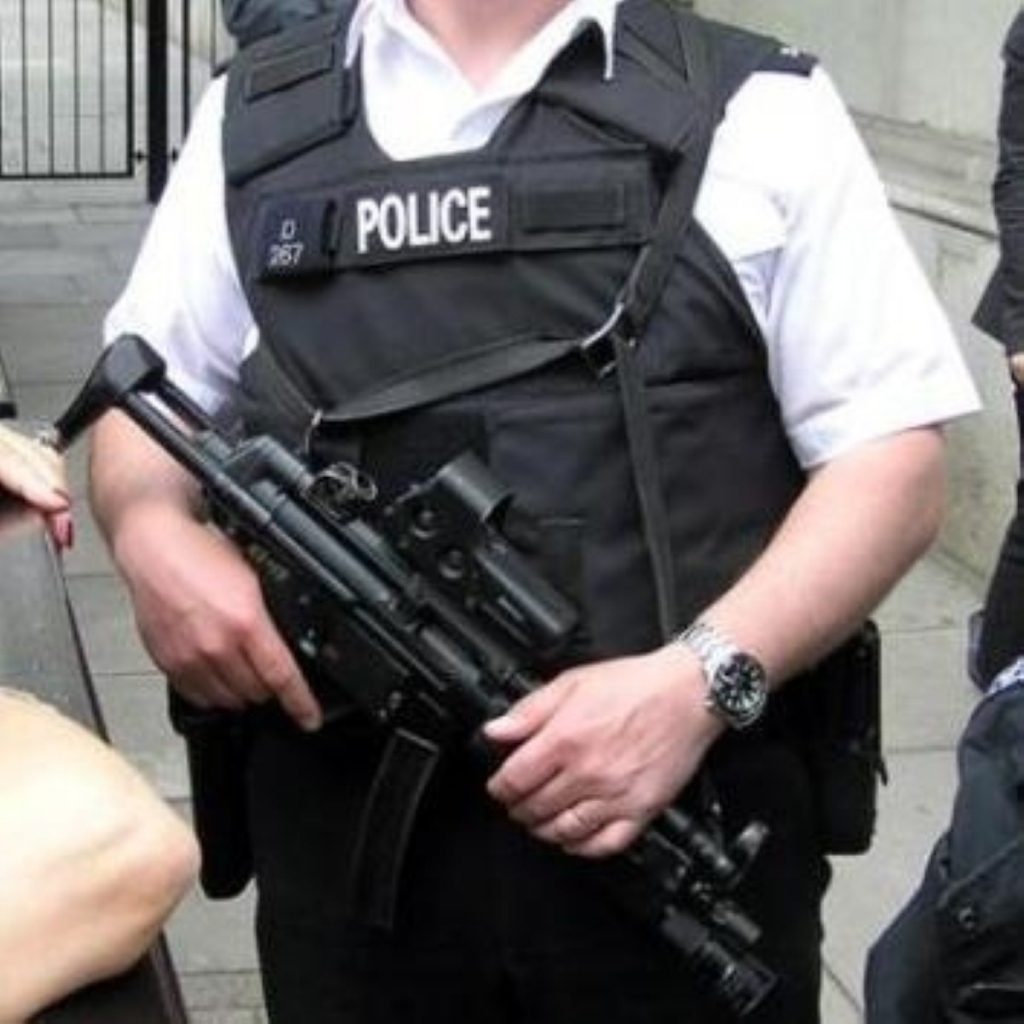Forest Gate shooting ruled an accident
The shooting of a Muslim man by police during an anti-terror raid in east London was an accident, the Independent Police Complaints Commission (IPCC) has concluded.
The watchdog said there was “no evidence of intent or recklessness” on the part of the officer who shot Muhammad Abdulkahar during the Forest Gate raid on June 2nd.
However, complaints that police officers hit the shot man and his brother, Abul Koyair, during the operation are still being considered by the IPCC.
About 250 Metropolitan police officers stormed two houses in Landsdown Road, Forest Gate, at dawn on June 2nd, prompted by intelligence of a ‘dirty bomb’.


However, when officers failed to find anything at either house in the following days, questions were raised about the police’s heavy handed tactics.
Today’s report notes that Mr Abdulkahar’s version of events differed considerably from that of the police officer involved, but said scientific examination supported the latter’s explanation, and backed the theory that the gunshot was an accident.
Met assistant commissioner Tarique Ghaffur welcomed the report as an opportunity for the police force to “set the record straight”.
“We have always maintained that there were two sides to this story and today’s announcement and findings by the IPCC knocks down many of the inaccurate and misleading statements that were previously made,” he said.
However, he added: “We recognise the impact that this incident has had on the local community and regret what was an accidental discharge that resulted in someone being injured.”
The report describes how the officer concerned entered 46 Lansdown Road and went up the stairs, where he claimed to have been approached by two people. On coming into contact with them, he lost his balance and hit the wall.
A scuffle ensued in which the officer – who was wearing ear defenders, a helmet and a hooded suit – thought someone was trying to take his gun, and said he “feared for his life”, the IPCC says.
During this confrontation he heard a “pop” – which later turned out to be his gun firing. When he turned his torch on moments later, he saw Mr Abdulkahar on the floor.
In Mr Abdulkahar’s memory, he was woken to the sound of glass breaking and assumed the house was being robbed. He did not hear the police officers speaking, so did not realise who they were, and their chemical masks made it difficult to recognise them.
He remembered being shot about three feet away from the men, but scientific examination revealed that he was in fact hit at very close range, which backed the police officer’s story of a struggle.
The IPCC puts this apparent discrepancy down to the fact that Mr Abdulkahar had just woken up, it was dark, and that his failure to identify the intruders as police would have been “very frightening”.
The safety catch on the officer’s gun had been uncocked, but this was in line with procedures for high-risk operations, the watchdog says. He was also wearing two pairs of gloves as part of his protective clothing.
“Based on the report of the forensic scientist I am satisfied there is no evidence of intent or recklessness on the part of the firearms officer and that no offence was committed in the firing of the weapon,” said IPCC commissioner Deborah Glass.
“There is no evidence to support the speculative reporting that the weapon was fired by one of the brothers, or that it was a deliberate act by the police officer.”









